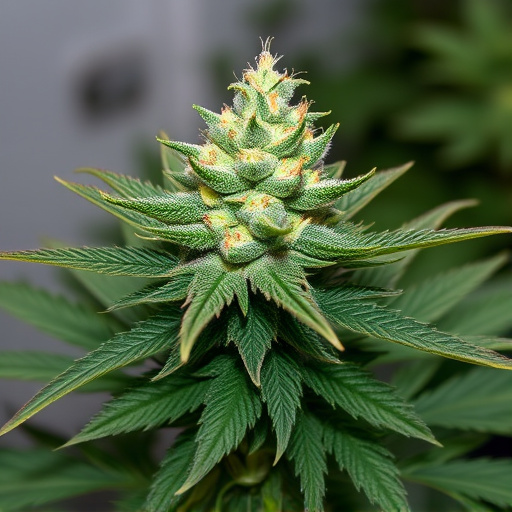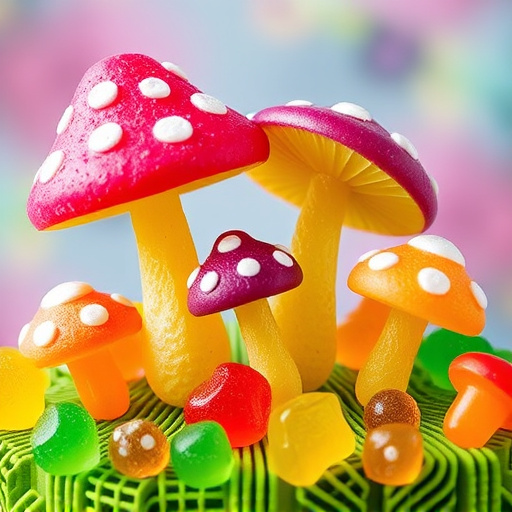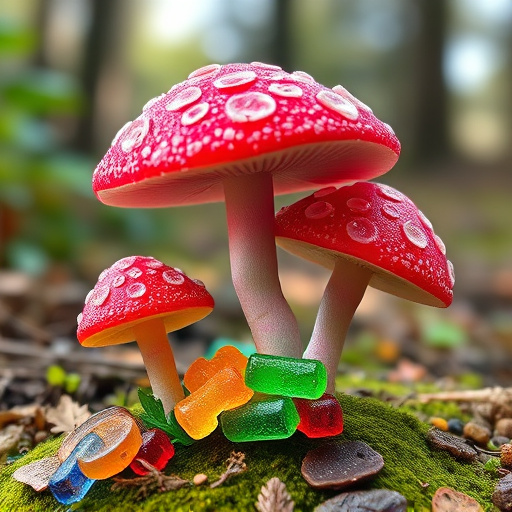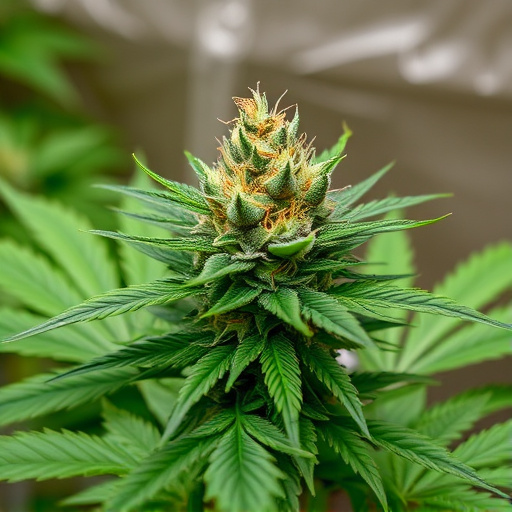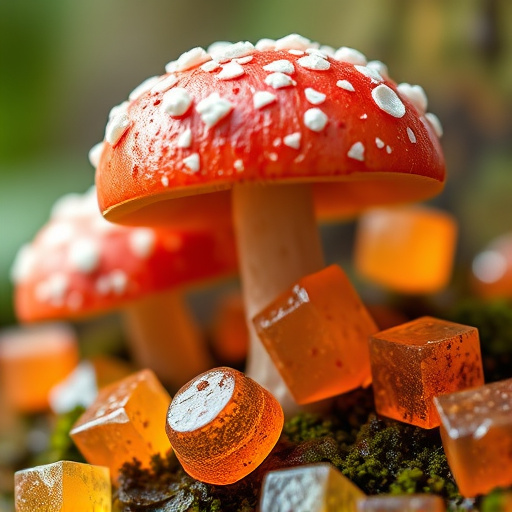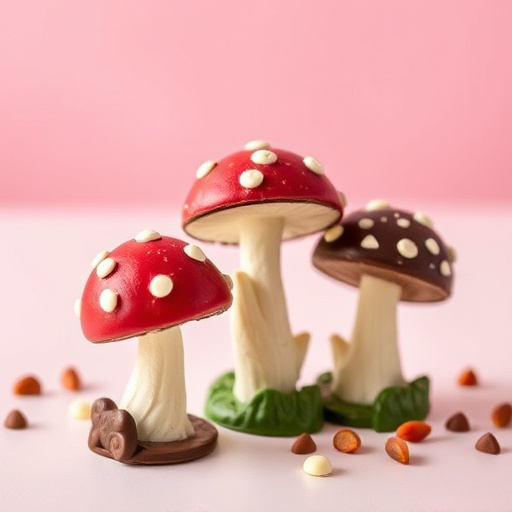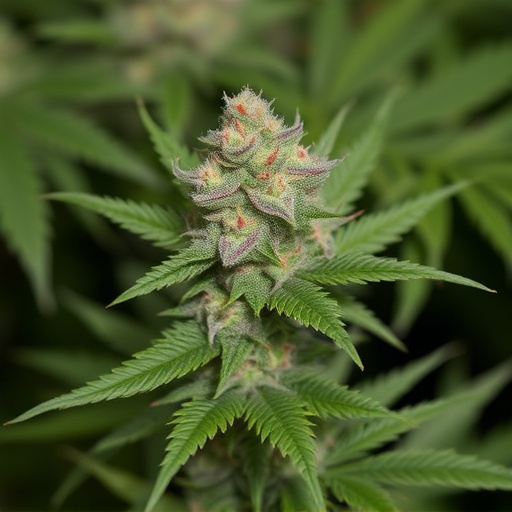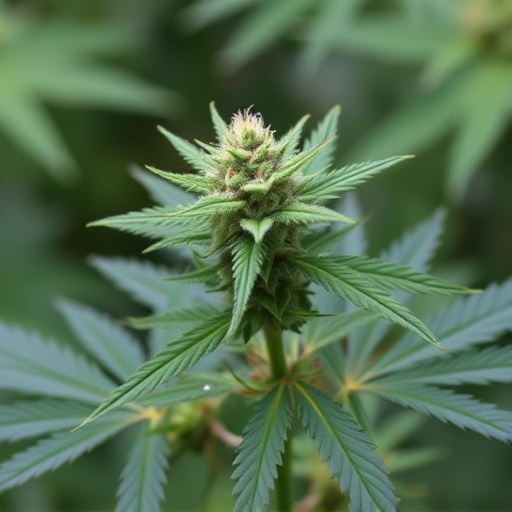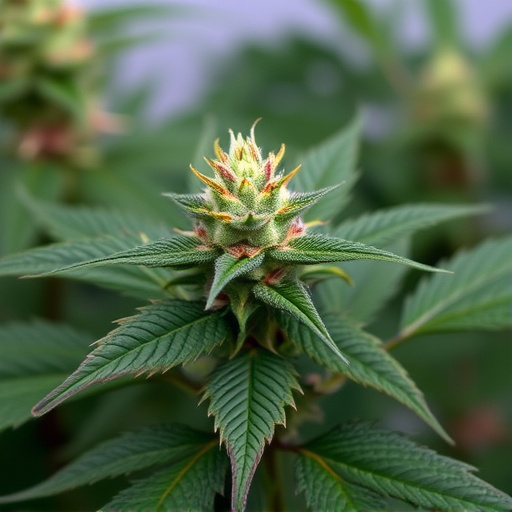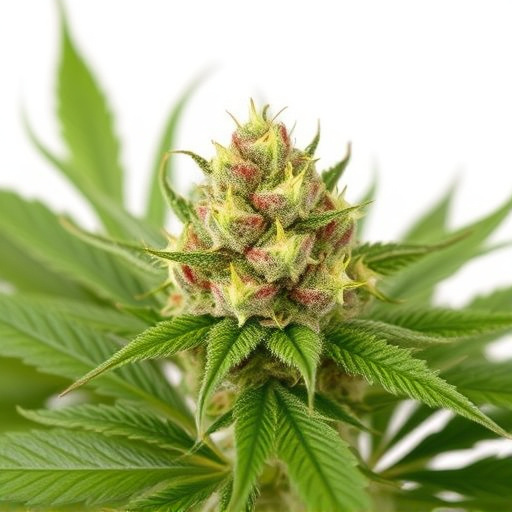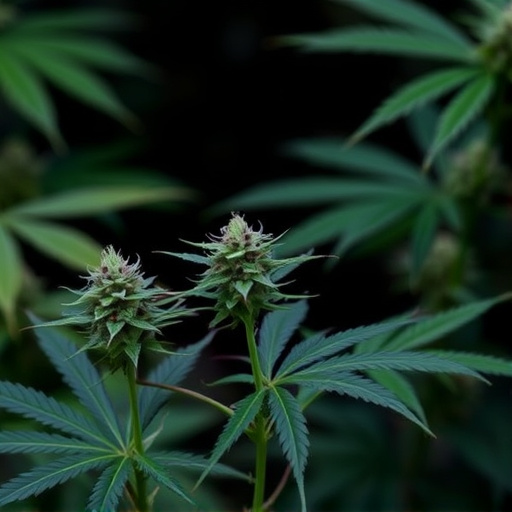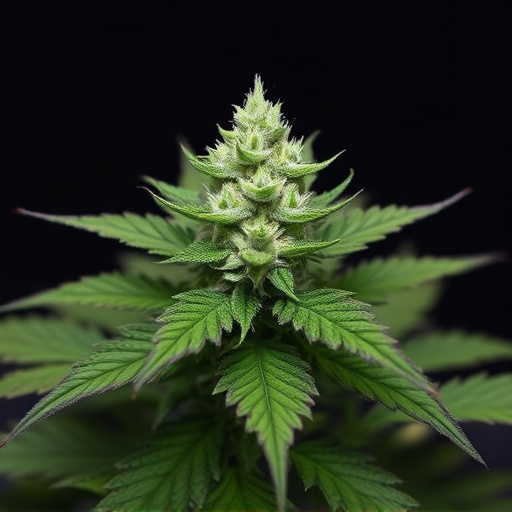The human body's endocannabinoid system (ECS) regulates vital functions influenced by cannabis compounds THC and CBD, which interact with receptors CB1 and CB2. Individual ECS variations lead to differing cannabis effects, while metabolism and tolerance also play roles. Understanding strain-specific properties, like Sativa's uplifting energy or Indica's sedative relaxation, is key for managing anxiety and mental health issues. The 'best cannabis strains for anxiety' are chosen based on personal preferences, tolerance, and desired outcomes.
Discover why weed affects everyone differently. Cannabis interacts complexly with our endocannabinoid system, while individual variations in metabolism and tolerance play a role. Explore how specific strains can positively or negatively impact mental health, with a guide to the best cannabis strains for anxiety relief. Uncover insights into navigating this diverse landscape for a personalized experience.
- The Complex Interaction Between Cannabis and the Endocannabinoid System
- Individual Differences in Metabolism and Tolerance
- Strain-Specific Effects on Anxiety and Mental Health: A Guide to Best Choices
The Complex Interaction Between Cannabis and the Endocannabinoid System
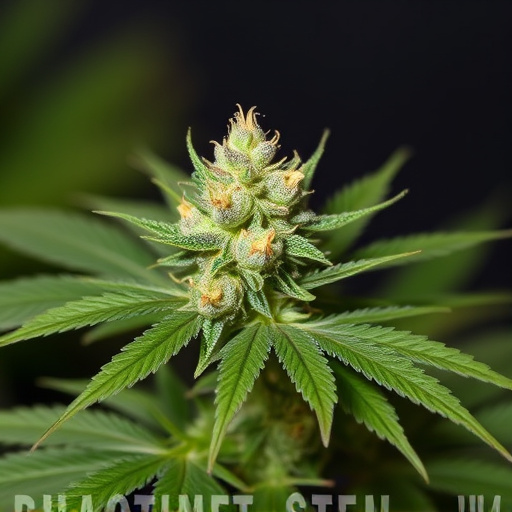
The human body has an intricate system known as the endocannabinoid system (ECS), which plays a pivotal role in regulating various physiological processes, including mood, memory, appetite, and pain perception. This system consists of endocannabinoids—molecules produced by our bodies—and receptors that bind to these molecules, primarily CB1 and CB2 receptors. When cannabis enters the body, it interacts with this system by binding to these receptors, leading to a complex cascade of effects.
Each person’s ECS is unique, which means the way cannabis influences individuals can vary widely. The strain composition of cannabis, particularly the balance of THC (tetrahydrocannabinol) and CBD (cannabidiol), significantly contributes to this diversity. For instance, best cannabis strains for anxiety often have higher CBD content, which can counteract THC’s potential anxiogenic effects, making them more suitable for those seeking relief from stress and anxiety without the overwhelming high associated with higher THC levels. This interaction highlights the need for personalized approaches when using cannabis therapeutically.
Individual Differences in Metabolism and Tolerance
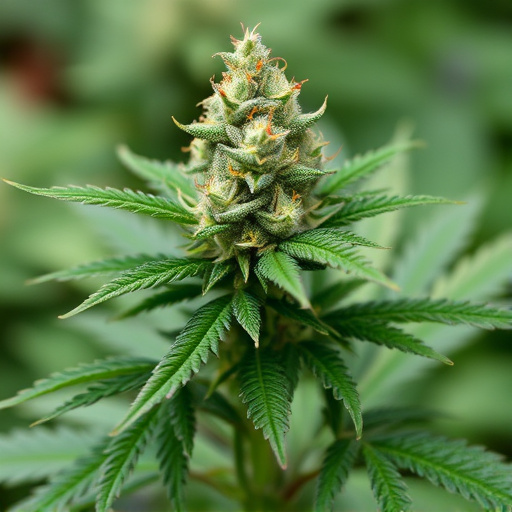
Cannabis consumers often report varying experiences, even when using the same strain and dosage. A significant factor contributing to these individual differences is metabolism. Everyone processes substances differently, and cannabis is no exception. Some people have a faster metabolism, which means their bodies break down cannabis compounds quicker, leading to shorter-lasting effects. Others with slower metabolisms may experience heightened sensations for longer periods.
Additionally, tolerance plays a crucial role in how individuals perceive cannabis. Regular users often develop a higher tolerance, requiring more substantial doses to achieve desired effects. This is why some people might find best cannabis strains for anxiety provide relief while others do not; it’s about the unique interaction between an individual’s metabolism and their personal tolerance level.
Strain-Specific Effects on Anxiety and Mental Health: A Guide to Best Choices
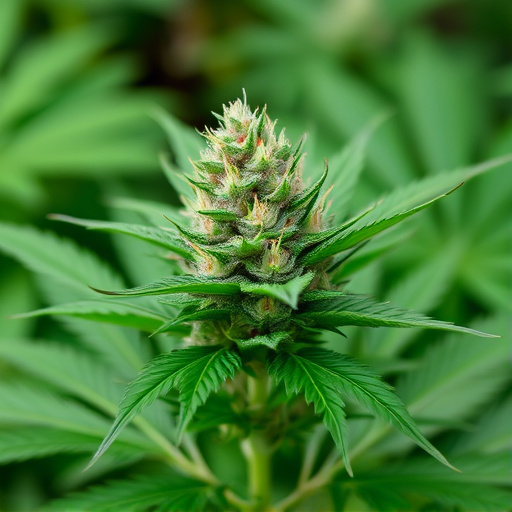
Cannabis, with its diverse range of strains, offers unique experiences due to varying chemical compositions. For those seeking relief from anxiety and mental health issues, understanding strain-specific effects is key. Sativa strains, known for their uplifting and energizing properties, can be beneficial for social anxiety or stress-related disorders, promoting a sense of calm without overwhelming sedation. Indica, on the other hand, with its relaxing and sedative effects, may provide more effective relief for chronic anxiety, insomnia, or post-traumatic stress disorder (PTSD).
Some of the best cannabis strains for anxiety include Lavender, known for its calming aroma and potential to reduce anxiety; Blue Dream, a popular hybrid offering a balance between cerebral stimulation and physical relaxation; and Granddaddy Purple, an Indica dominant strain renowned for its sedative effects. Choosing the right strain can significantly impact one’s mental health journey, so it’s essential to consider personal preferences, tolerance, and desired effects when selecting a cannabis variety.
Cannabis’ impact on individuals varies greatly, depending on factors like metabolism, tolerance, and specific strain characteristics. Understanding these variables is key in navigating the diverse effects of cannabis. For those seeking relief from anxiety, exploring different strains can lead to finding the best cannabis strains for anxiety, tailored to personal experiences. By delving into the science behind the endocannabinoid system, recognizing individual differences, and leveraging strain-specific properties, users can unlock a more harmonious relationship with cannabis.
